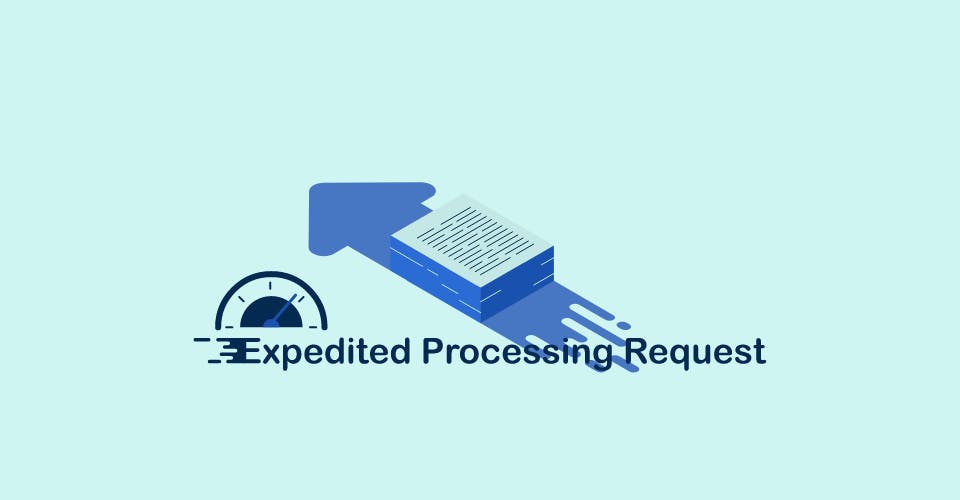So far on the blog, we have covered premium processing, which is available for employers who are filing an I-140 Immigrant Petition on behalf of a prospective candidate they intend on hiring. Premium processing allows employers to fast track their applications via the USCIS reaching a decision on the underlying petition faster (taking the petition out of its date/order and issuing an acceptance or denial). Premium processing is a type of expedited processing, whereby there is some interest or greater purpose that needs to be served, and the USCIS recognizes that this request is in the interest of the organization and therefore some part of the U.S. economic sector.
Aside from premium processing, in this blog, we will take a look at other forms of expedited processing, and what type of evidence or supplementary documentation is needed in order to fulfill an expedited processing request.
Eligibility
The USCIS outlines a few reasons why a benefit requestor might be asking for expedited processing in regards to the application they sent in. These reasons include the following:
- There is some type of severe financial loss to be expected in a company or organization, given that the application is not processed by a certain date
- Other emergencies and humanitarian reasons
- A nonprofit organization (as having an official 501c(3) status) whose request is in furtherance of the cultural and social interests of the United States
- U.S. government benefits that represent public safety or national security interests (USCIS, 2021)
Based on the above criteria, there has been some confusion in the past regarding what truly constitutes an “expedited processing request”. For example, if you are simply trying to obtain a J-1 student status before your semester starts, even though the applicant might consider this an emergency, it, unfortunately, does not fit into the above criteria and therefore the USCIS would reject such a request. Similarly, applications for EADs—work permits, do not constitute any pressing need based on the above eligibility criteria, mainly because being granted a work permit is not the same as a job offer. Make sure if you are generally interested in an expedited processing request that you review the criteria to see if your situation broadly fits into the above boxes.
Steps by Step
The first step in the process for making an expedite request is to have your I-797 receipt in hand before you make contact with a USCIS office. If this involves a petition and you are an employer, the same rules apply. Find your I-797 pertaining to the application in question, and be sure to have it ready.
Next, you need to call the USCIS. You can reach the USCIS contact center by calling 1-800-375-5283. Follow the prompt to be re-directed to the service center that is handling your request (for example Texas, Nebraska, Vermont, etc).
The next step will usually involve a little bit of a wait time to be connected with a USCIS officer. Expect to be on hold anywhere from 15-30 minutes before being connected. When you connect with a customer service representative first, you need to explain to them that you are seeking an expedited request. Once you offer this explanation, they will re-connect you with an officer.
When you have a USCIS officer on the phone, they will first ask you to confirm some basic personal information (email, address, receipt number) so be ready to provide the correct details. If you succeed at making an expedite service request, the officer will give you an expedite request number. Be sure to write this number down so you can later track the status of your application at USCIS.gov.
Finally, after speaking with an officer on the phone, you will most likely receive an additional request to submit supporting documents online via email. This is perhaps the most critical step in the entire process because the supporting documents you submit are essentially the evidentiary basis for an officer to decide if your case really warrants expedited processing. Be sure that your supporting documents (job offer with non-profit, government agency, or compelling humanitarian reason) fit into the above criteria.














